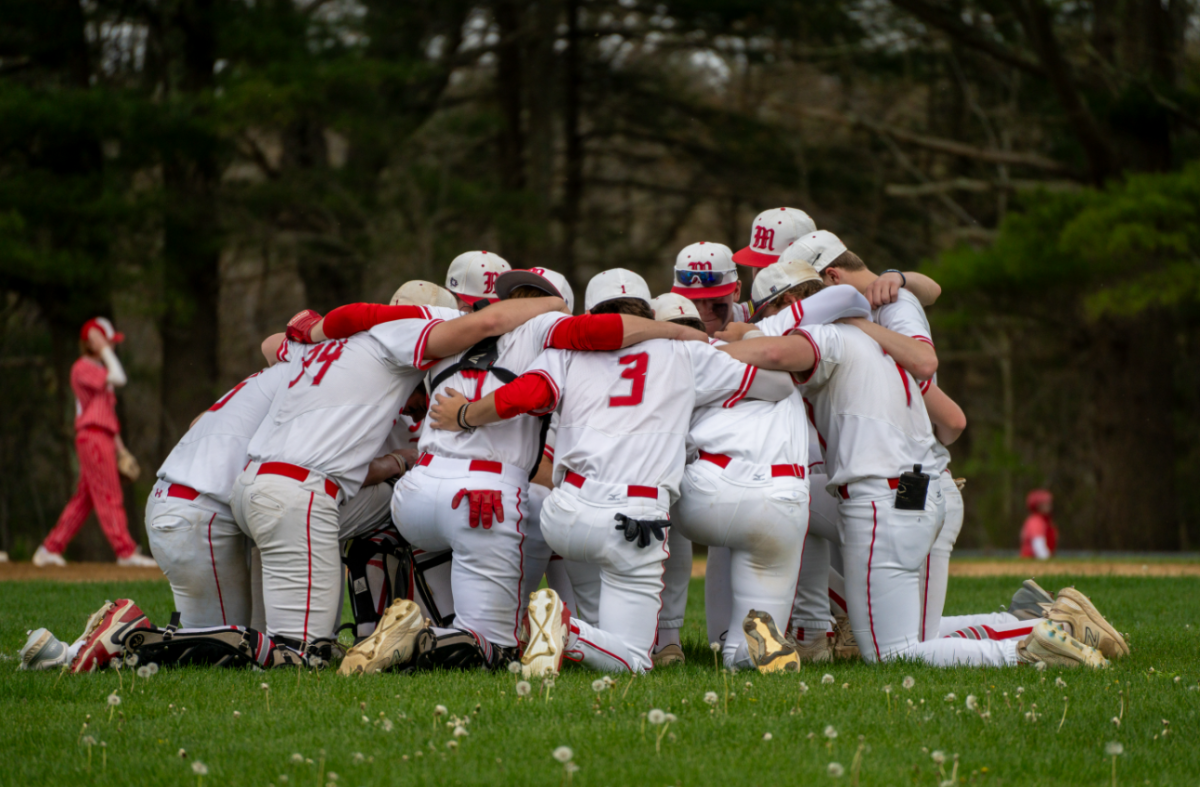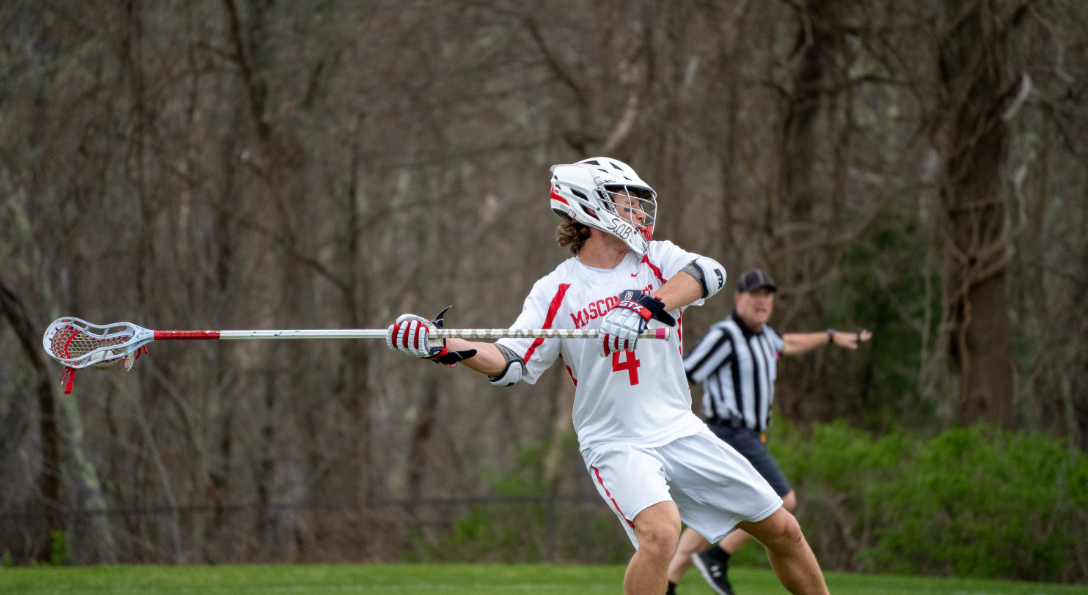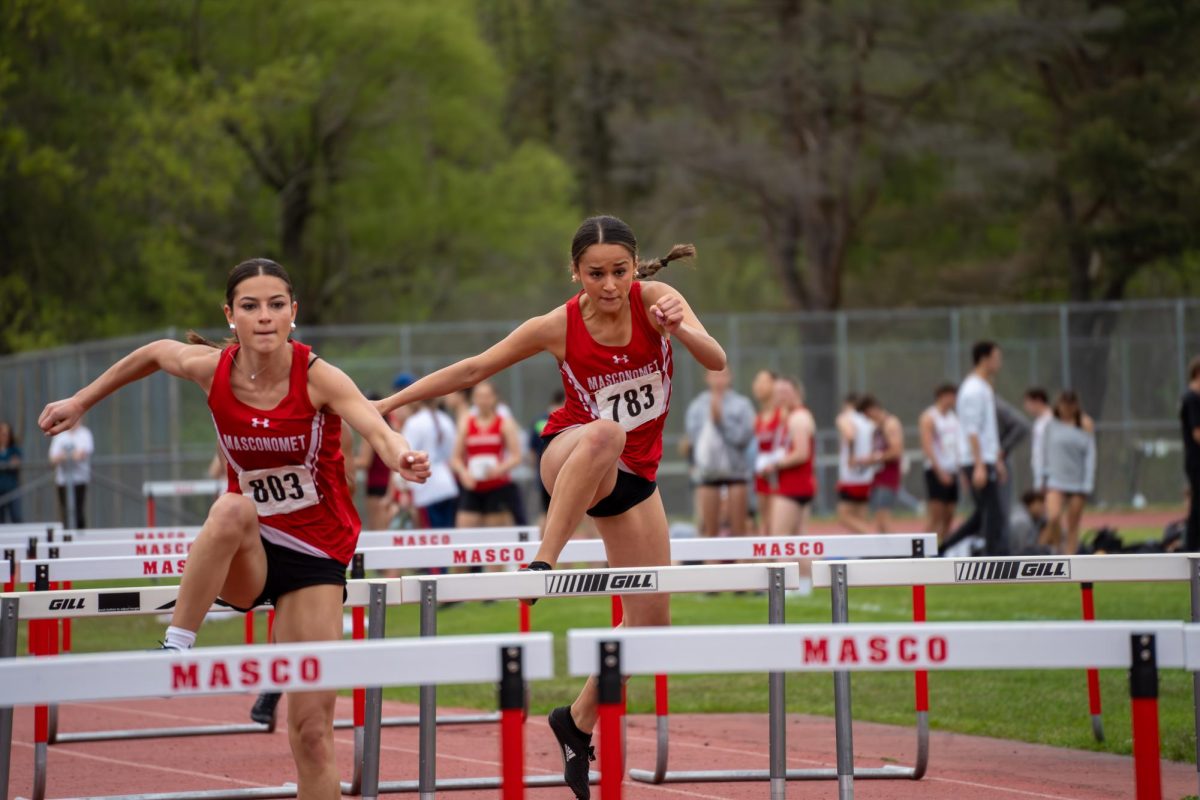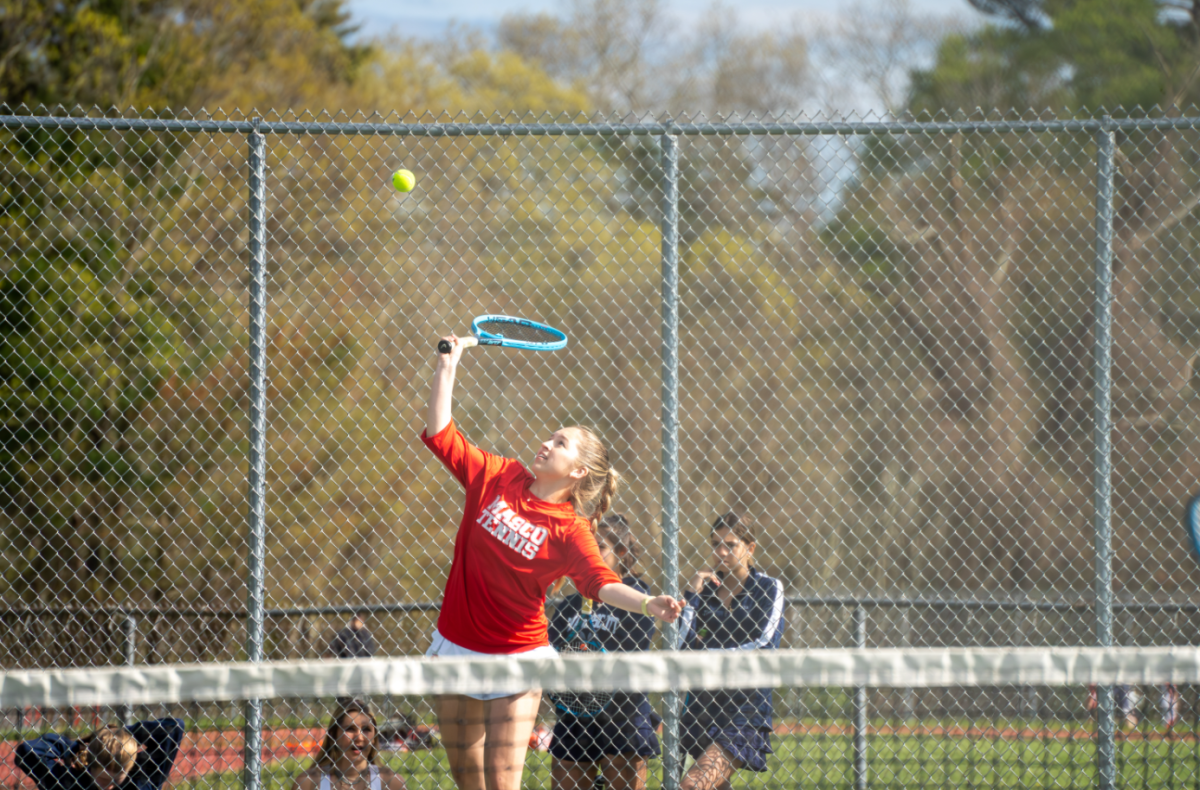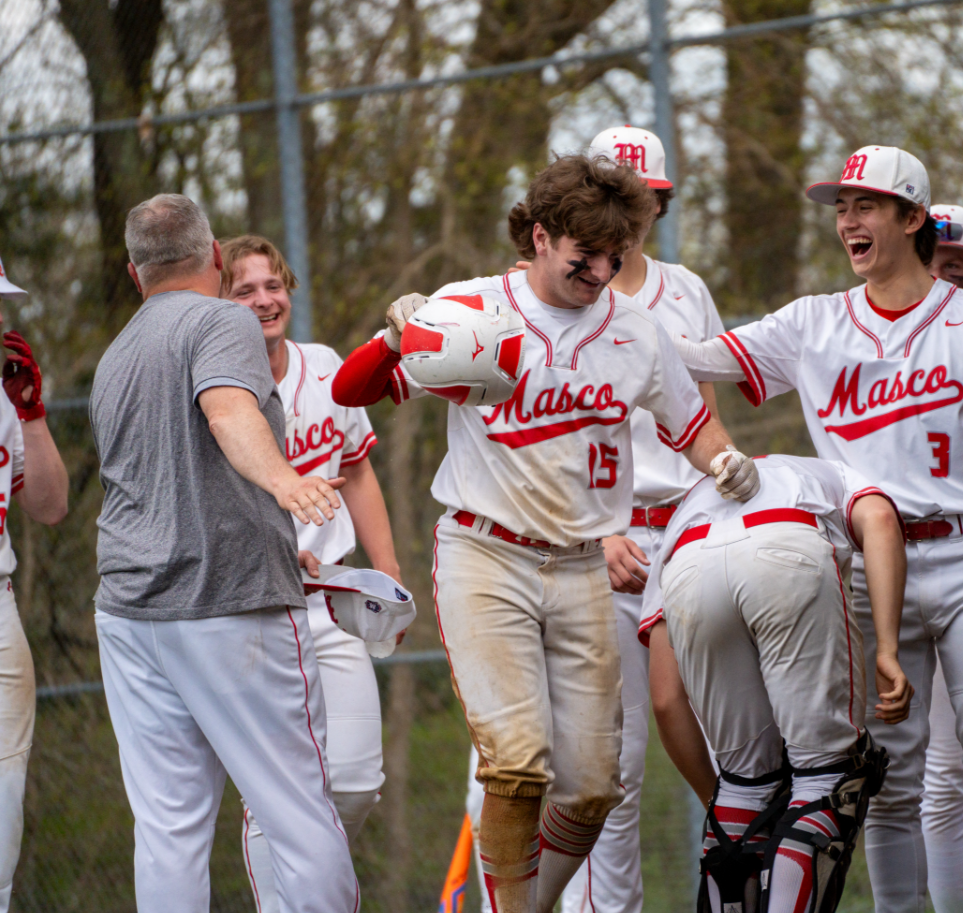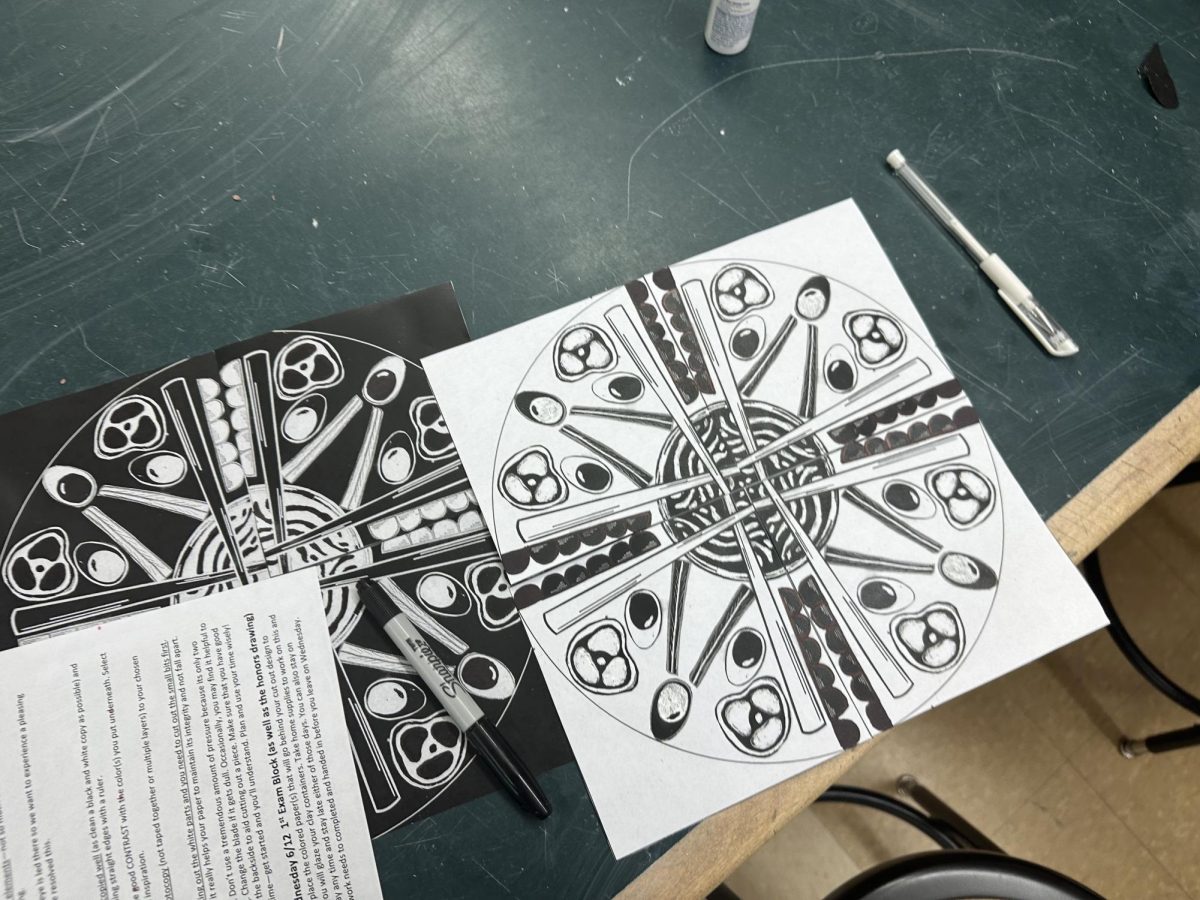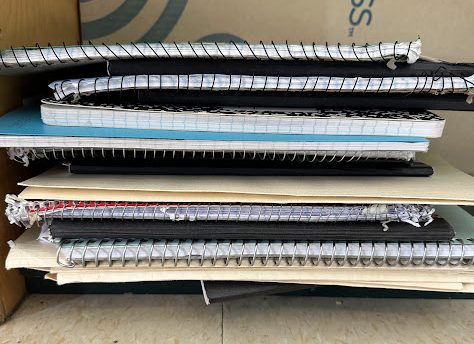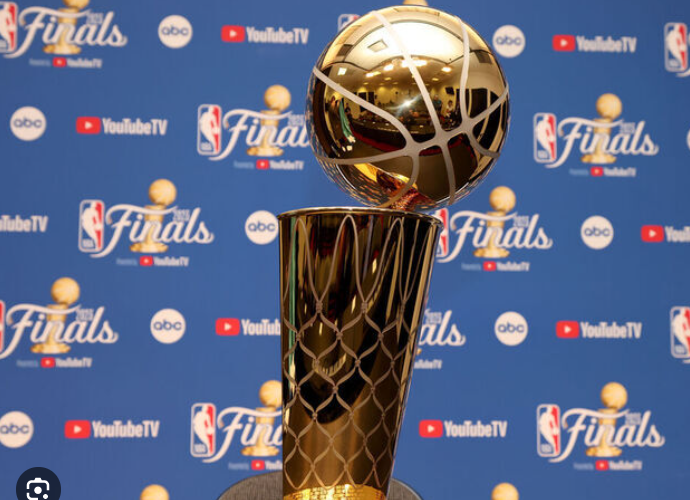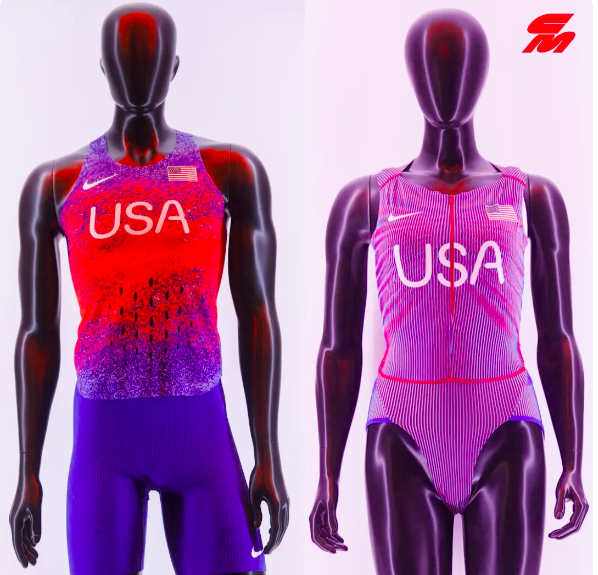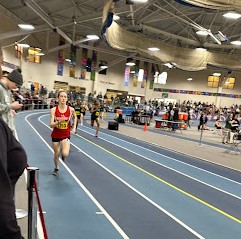 There is often information and conversations that don’t occur between female athletes and coaches because they are viewed as uncomfortable, inappropriate, or even taboo. The lack of these specific discussions, particularly for younger female athletes in high school or college when their bodies are still growing and hormones still regulating, can be detrimental to their physical health.
There is often information and conversations that don’t occur between female athletes and coaches because they are viewed as uncomfortable, inappropriate, or even taboo. The lack of these specific discussions, particularly for younger female athletes in high school or college when their bodies are still growing and hormones still regulating, can be detrimental to their physical health.
Conversations about women’s menstrual cycles, according to Boston Children’s Hospital, provide “important information about their overall health.” However, it is often avoided and not talked about, even in professional settings where talking about them is necessary for proper health. Beyond the basic knowledge of what a period is and how a menstrual cycle works, not a lot of information is taught about the importance of understanding periods and how integral it is to our health, at least in my experience as a female student-athlete.
When it comes to athletics, some coaches may feel that they are under-informed about the topic, feel uncomfortable talking about it, or even think that it’s a ‘girls’ only’ conversation. However, coaches especially should inform themselves, and then their athletes, about the menstrual cycle as it applies to them and their workload, because their athletes should be aware of any signs of poor health or overworking. Coaches can then see the warning signs related to proper nutrition, overworked bodies, and even weak bones. It doesn’t have to be uncomfortable or “gross” to talk about if it is focused on their well being. If the conversation is approached in the right way to inform and educate, it can have an enormously positive impact.
Another topic that some coaches tend to steer clear of is food. A lot of people avoid talking about food and nutrition in general, especially towards girls and female athletes, because of the fear of addressing disordered eating or body image issues. While eating disorders are very serious, not talking about how to properly fuel one’s body commensurate to their physical activity can be just as damaging. If an athlete doesn’t know how to properly fuel their body and tries to continuously push without that proper fuel, it can be very dangerous. According to the University of Kansas Health System’s Sports Performance Nutrition for Athletes, having three meals a day–preferably breakfast, lunch, and dinner–and three snacks is enough to give the body the energy and nutrition it needs to prepare for physical activity as well as recovery. For example, protein helps repair and rebuild the muscle fibers that are damaged during a workout and help them come back stronger. In addition to proteins, according to the Cleveland Clinic, carbohydrates help rebuild glucose stores within the body, which give energy to one’s cells as well as storing energy in the muscles with clusters of glucose called glycogen, giving the body energy for rigorous activity. If the body isn’t properly fueled and nutrition is skipped out on, then the body won’t have enough energy to keep up and will start to draw from other stores to get what it needs.
Relative Energy Deficiency in Sport, or RED-S for short, refers to a condition where an athlete does not properly replenish their energy after a hard physical activity and continues with that hard workload. According to The New York Times’ Lauren Fleshman’s Feminist Approach to Coaching, “The syndrome affects bone density, hormone levels and other crucial health markers that put athletes at high risk for injury and mental and emotional stress, particularly in a sport like running where weight can play a role in performance.” According to Daye’s Sporty And Skipped A Period? You Need To Know About RED-S, one of the biggest signs of RED-S, specifically in girls, is the loss of their period. Although it does not appear in every case with the loss of a period as a symptom, it is one of the many symptoms including low muscle mass, bloating, and trouble sleeping, and difficulty of recovery between workouts or even repeated injury that can be an indication. RED-S is an important topic that should be discussed with female athletes.
Fleshman is a former elite athlete, earning five NCAA championships in college, three consecutive outdoor titles in the 5,000m race, plus two national championships in the same race and a seventh place placement at the World Championships in 2011 when she went pro. However, she does not believe she reached her peak potential, as early on in her career as a pro, she compared her weight to other elite athletes. She had felt that to be a better athlete she needed to lose weight, and she calculated that she would need to lose eight pounds. However health problems followed this including stress fractures, the loss of her period, and as a result she lost two opportunities to join the olympic team.
Coaches should be talking to their female athletes regarding health concerns like rest, recovery, workload, and nutrition. Talks like these are less likely to happen with female athletes compared to male athletes, since some conversations related to bodies in general are avoided around girls. Starting those informative discussions about periods, food, and the potential dangers of not fueling enough are the building blocks to making sure they are well informed about their own bodies and how to achieve their best performance while staying healthy.






